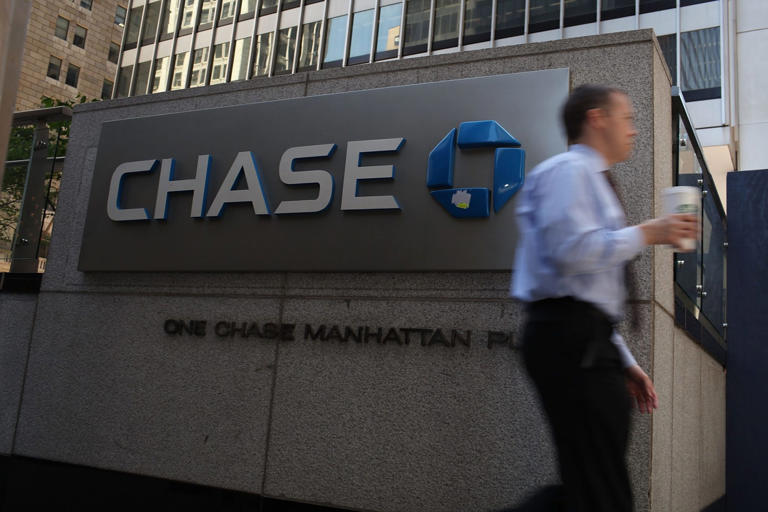JPMorgan Chase, one of the largest financial institutions in the United States, is contemplating the introduction of checking account fees as a strategic response to anticipated regulatory changes targeting overdraft fees. Marianne Lake, CEO of consumer and community banking at JPMorgan Chase, revealed to the Wall Street Journal that the bank is considering implementing these fees to offset potential revenue losses resulting from regulatory reforms.
Presently, Chase imposes fees of up to $35 on checking accounts if specific requirements, such as maintaining a monthly direct deposit, are not met. Additionally, the bank charges a $34 overdraft fee per transaction exceeding the account balance by more than $50, with a maximum of three charges per day. These fees have been a significant source of income for JPMorgan Chase, contributing over $1 billion in overdraft fees alone in 2023, according to data from the Consumer Financial Protection Bureau (CFPB).
The proposed regulations by the CFPB aim to cap overdraft fees between $3 and $14, which is projected to save consumers billions annually but poses financial challenges for banks like Chase. Lake emphasized that maintaining free services, such as credit score tracking and financial planning tools, may become unsustainable if these traditional revenue streams are restricted by regulations.
Currently, the average monthly fee for non-interest-bearing checking accounts stands at $5.31, whereas interest-bearing accounts incur an average monthly fee of $15.33, as reported by Bankrate. Lake’s comments underscored the shifting regulatory environment’s impact on the banking sector, suggesting that access to credit may become more expensive, and free checking accounts might only remain accessible to more affluent customers.
Overdraft fees have historically been a significant revenue driver for banks, although some institutions, including Citi and Capital One, have begun scaling back or eliminating them in response to evolving regulatory pressures. Despite a reduction from previous highs, Chase remains heavily reliant on these fees, prompting scrutiny from consumer advocates like Lauren Saunders of the National Consumer Law Center. Saunders cautioned that high fees disproportionately burden low-income consumers and recommended exploring alternative banking options that offer fee-free or lower-cost accounts.
The potential introduction of checking account fees by Chase reflects broader trends within the banking industry, where other major banks might follow suit if significant players adjust their fee structures. Smaller banks and credit unions, typically less dependent on fees for revenue, may adopt different strategies, such as revising ATM fees, to maintain profitability amid regulatory changes.
As consumers navigate these shifts, Saunders advised comparing banking options carefully and opting for institutions that offer transparent fee structures and competitive services. While Chase’s potential fee adjustments highlight ongoing industry dynamics, consumer preferences and regulatory developments will continue shaping the future landscape of banking services and associated fees.
